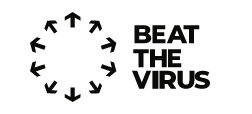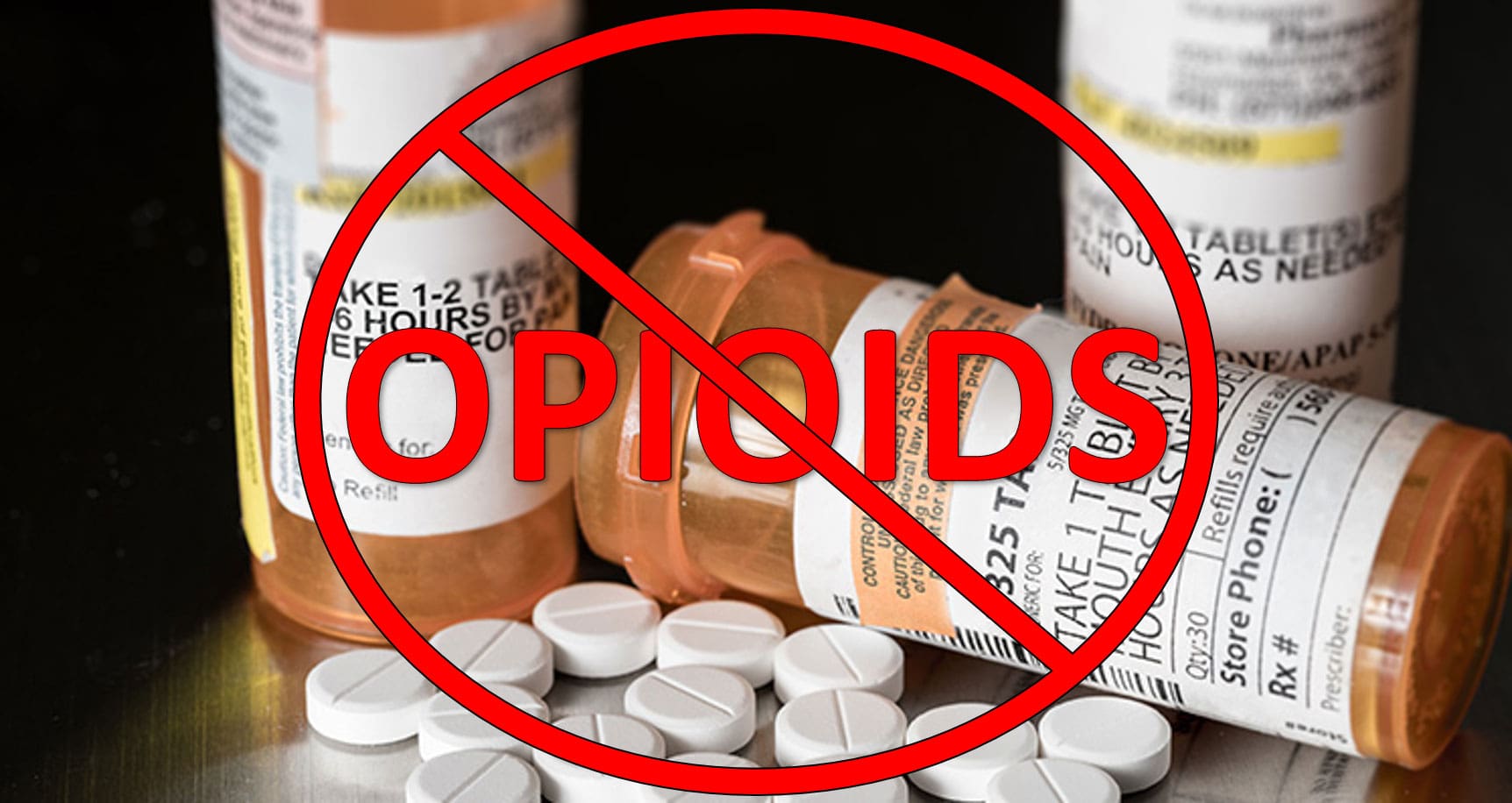Mental Health & Substance Abuse
General Information:
- Comprehensive information on mental illness issues — Mentalhealth.gov
- Information about a broad range of mental illness and substance abuse topics — Substance Abuse and Mental Health Services Administration (SAMHSA)
- Comprehensive information on mental illness from Medline Plus — Mental Health and Behavior
- Comprehensive information on drug abuse and research programs — National Institute on Drug Abuse (NIDA)
- Comprehensive information on alcohol abuse and research programs — National Institute on Alcohol Abuse and Alcoholism (NIAAA)
- Prevention of Mental Illness and Substance Abuse (SAMHSA)
- Mental Health, a Report of the U.S. Surgeon General (1999)
Mental Illness and Substance Abuse Data:
- Data Sets and Surveys on mental illness and substance abuse (SAMHSA)
- Data by States, Region, or Metro Area (SAMHSA)
Warning Signs of Mental Illness:
- Warning signs of mental illness (American Psychiatric Association)
- Symptoms of mental disorders (mentalhealth.gov)
Alcohol and Substance Abuse, including Opioids:
- Health Effects of Alcohol (NIAAA)
- Alcohol Abuse Disorder information (NIAAA)
- Drug Addiction Signs and Symptoms (Mayo Clinic)
- Information on Heroin and Prescription Opioids (NIDA)
- Effective Treatments for opioid addiction (NIDA)
- Medication Assisted Treatment for opioid addiction (SAMHSA)
Suicide Prevention:
- Suicide Prevention (NIMH)
- Suicide Over the Life Cycle, Susan Blumenthal, M.D. (Editor)
- National Suicide Prevention Lifeline, 1-800- 273-TALK (8255). The Lifeline is available 24 hours a day, 7 days a week. The deaf and hard of hearing can contact the Lifeline via TTY at 1-800- 799-4889.
- Suicide Research Publications
- National Strategy for Suicide Prevention: Goals and Objectives for Action, A Report of the U.S. Surgeon General (2012)
Mental Health Information for Veterans:
- The U.S. Department of Veterans’ Affairs Mental Health Resources Center provides information about mental health and support services specifically for veterans. Conditions include: anxiety, bipolar, depression, military sexual trauma, post-traumatic stress disorder (PTSD), schizophrenia, substance use, and suicide prevention.
- Military One Source, a resource from the U.S. Department of Defense provides Service Members and their families with a broad range of information on issues of concern to them, including mental health, available 24/7 at 1-800-342-9647.
- TRICARE, the health care program for Uniformed Service members, retirees, and their families.
- A resource for homeless Veterans or Veterans at-risk for homelessness that provides access to trained counselors, 24/7.
Where to Find Treatment:
- SAMHSA’s National Helpline is a free, confidential, 24/7, 365-day-a-year treatment referral and information service (in English and Spanish) for individuals and families facing mental and/or substance use disorders. Call 1800-662-HELP (4357) or visit the online treatment locators.
- SAMHSA Treatment Referral Helpline
1-877-SAMHSA7 (1-877-726-4727)
Information on where to locate treatment services in your area, available Monday through Friday 8 am to 8 pm, EST. - National Suicide Prevention Lifeline
1-800-273-TALK (8255) or Live Chat Online
If you or someone you know is suicidal or in emotional distress, contact the National Suicide Prevention Lifeline, available to talk confidentially 24 hours a day, 7 days a week. - Information about Health Insurance and Mental Health Services, including the enhanced coverage for mental and substance abuse disorders provided under the Affordable Care Act of 2010 (ACA).








